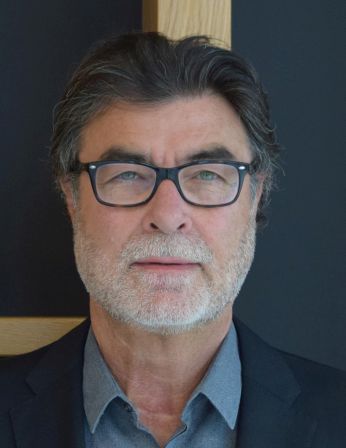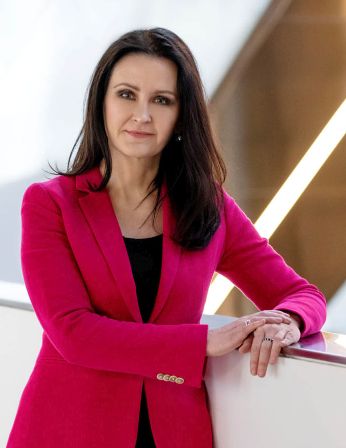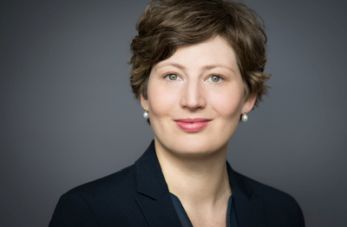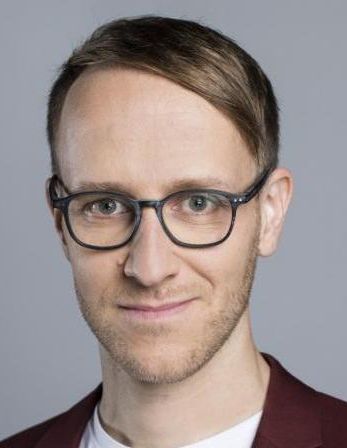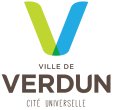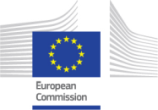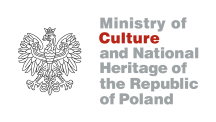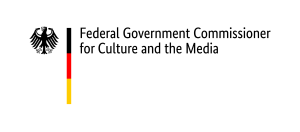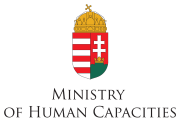The aim of the debate is to discuss the similarities and differences in the forms and narrations of commemorating of the First World War and its aftermath in museums across Europe. The debate about diversified, sometimes even contradictory European memory will be based on three perspectives. The first will envisage local and regional museums located in the immediate vicinity of certain „realms of memory”. The second will concentrate on museums presenting national history and the third the transnational history. These three perspectives will enable us to look into the ways how the First World War and its aftermath are used to create local, national or European narratives, mythologies and consequently identities in East-Central and Western Europe on all three levels. The aim is also to see how these narratives varied over time after 1945.
Guests:
Thierry Hubscher, Director of Verdun Memorial (Mémorial de Verdun)
Alicja Knast, Director of Silesian Museum (Muzeum Śląskie) in Katowice
Dr Stephanie Neuner, German Historical Museum (Deutsches Historisches Museum) in Berlin
Dr Stefan Benedik, House of Austrian History (Haus der Geschichte Österreich) in Vienna
Moderator:
Dr Bartosz Dziewanowski-Stefańczyk, European Network Remembrance and Solidarity
Venue: Verdun Memorial, 1 Avenue Corps Européen, 55100 Fleury-devant-Douaumont
Date and time: from 5:30 to 7 pm, 21 Sept 2019 (Saturday)
Languages of the debate: French and English
Simultaneous translation will be provided
The discussion accompanies the exhibition "After the Great War. A New Europe 1918-1923". The display will be on show in Verdun at the intersection of Quai de Londres and l'Avenue de la Victoire till 25 September 2019.
Learn more about the showing of the exhibition in Verdun
